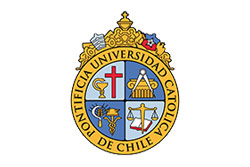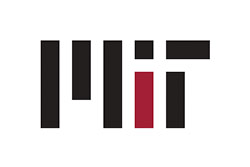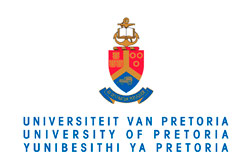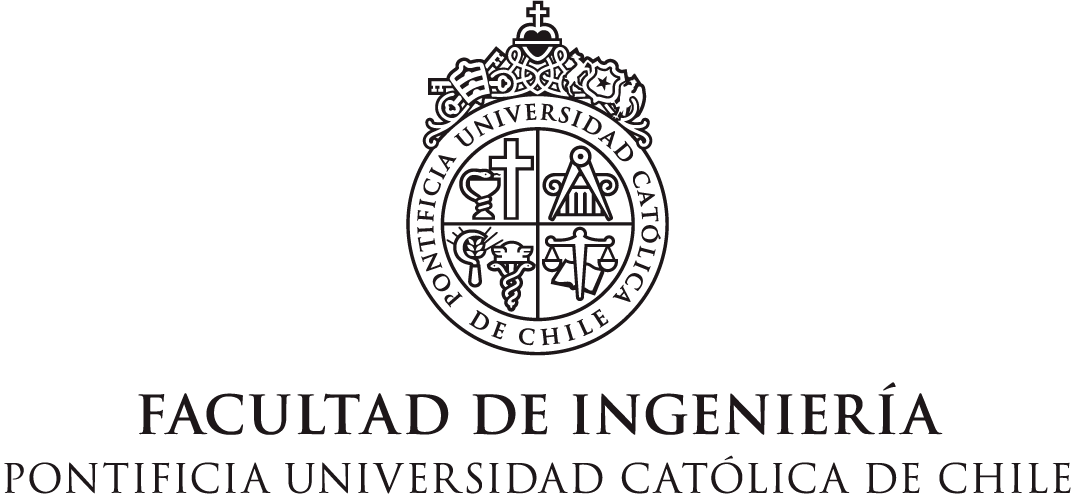In several cities, bus rapid transit (BRT) systems have begun to experience problems of capacity. Various solutions have been proposed to address these problems, from simple operational modifications to improvements that require modification of the existing infrastructure. Decisions about modification are a challenging undertaking for policy makers; proposals need to be evaluated on the basis of costs (monetary and qualitative or unconventional) and expected returns. For this paper, seven scenarios for Line 1 of the BRT system in Mexico City, Mexico, were structured and modeled to evaluate how operational and level of service improve as a result of (a) operational modifications, (b) investments in infrastructure, and (c) technology acquisitions. Scenarios were modeled by using the simulation tool EMBARQ SimBRT and were ranked by the relative complexity of their execution. Three criteria were used for determining the level of complexity: the cost of implementation, the required time, and the administrative process. Results of the scenarios show positive impacts on operation and level-of-service indicators. The paper also reveals that better results are obtained for implementations requiring infrastructure investment than for those involving operational modifications. However, the impact of the proposed implementation is limited; few implementations show progress on the analyzed indicators in a range of 10% variation, giving evidence of the difficulties of improving service. Finally, the paper provides important insights in the decision-making process for transport upgrading, as it describes a methodology to select a proposed improvement on the basis of tradeoff between expected benefits and required administrative process and financial costs.











